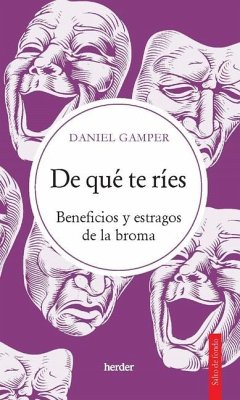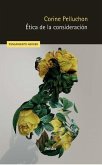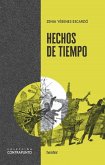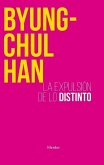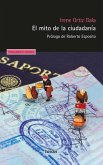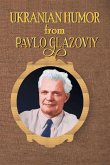He who asks "what are you laughing at?" doesn't usually wait for a response: he wants someone to stop laughing. Laughter is language and, like words, it can be polite, false, friendly, biting, insulting and discriminating. Although education tries to discipline it and indicate the correct ways of its emission, the hilarious is indomitable because it speaks the language of the body and is unleashed beyond good and evil. The "good comedian" is funnier than the "good comedian." Today, screens sow entertainment and reap laughter. These massive laughter, electronically disseminated, are melodies for any ideology: the fascists laugh and the do-gooders laugh. Freedom of expression is colonized by the provocative and the abject. Thought becomes a caricature and jokes are commercialized. Daniel Gamper maintains that the times are ripe for new spoilsports to put a damper on the wheels of laughter. After reading this book you will never laugh again without first stopping to think about where, how, when, with whom and why you do it.
Hinweis: Dieser Artikel kann nur an eine deutsche Lieferadresse ausgeliefert werden.
Hinweis: Dieser Artikel kann nur an eine deutsche Lieferadresse ausgeliefert werden.

